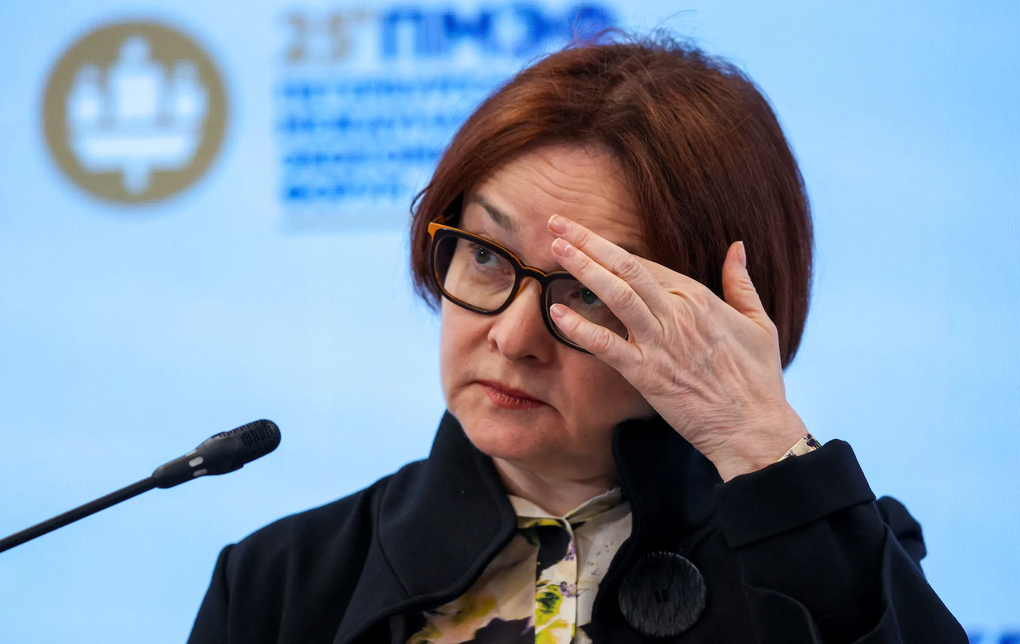
Governor of the Central Bank of Russia Elvira Nabiullina (Photo: Reuters).
In an interview with RBK news site on December 25, Russian Central Bank Governor Elvira Nabiullina said that Moscow has been assessing the risks of sanctions since 2014 and has prepared responses to many of them.
The United States and the European Union (EU) imposed the first round of sanctions against Russia after it annexed the Crimean peninsula in 2014 following a controversial referendum.
“The big banks, when they were sanctioned, were largely prepared for this. They were aware of the threat of being disconnected from SWIFT since 2014, so they built up a national payment infrastructure. We diversified our reserves, increased the share of yuan and gold,” said Ms. Nabiullina.
Last year, the US and EU continued to impose a series of financial restrictions on Russia in response to Moscow's launching of a special military campaign in Ukraine.
These measures include disconnecting Russian banks from the SWIFT system, banning Russia from repaying debts in USD, freezing Russian assets abroad, and withdrawing Visa and MasterCard from Russia.
The sanctions prevent Moscow from conducting international transactions in dollars and euros.
"We have been able to deal with most of the challenges related to the financial sector. However, there are also issues in the financial sector that have not been completely resolved, including the issue of cross-border payments. Supply chains are being built, they are constantly changing, but this is still a problem for many businesses," said Ms. Nabiullina.
According to Ms. Nabiullina, the West's freezing of Russian assets could be seen as an "extremely negative" signal for central banks around the world because it "violates the basic principles of reserve security".
"Millions of people who have nothing to do with sanctions are suffering from frozen assets. This is a very painful problem," said the head of the Russian Central Bank.
An estimated $300 billion in Russian central bank assets were frozen in G7 countries, the EU and Australia after the Russia-Ukraine conflict broke out in February last year. Most of these assets are in Europe.
Some Western leaders have recently floated the idea of seizing frozen Russian assets to help rebuild Ukraine. Although the US has been adamantly opposed to seizing any assets belonging to the Russian Central Bank, it is said that the US has recently been actively promoting discussions with the G7 on this issue.
The New York Times reported on December 21 that the US is putting pressure on Britain, France, Germany, Italy, Canada and Japan to find a way to legalize the use of Russia's frozen assets before February 24, 2024.
Russia has repeatedly warned that it will respond appropriately and pursue international lawsuits if the West decides to seize those assets.
Source




![[Photo] Overcoming all difficulties, speeding up construction progress of Hoa Binh Hydropower Plant Expansion Project](https://vstatic.vietnam.vn/vietnam/resource/IMAGE/2025/4/12/bff04b551e98484c84d74c8faa3526e0)

![[Photo] Closing of the 11th Conference of the 13th Central Committee of the Communist Party of Vietnam](https://vstatic.vietnam.vn/vietnam/resource/IMAGE/2025/4/12/114b57fe6e9b4814a5ddfacf6dfe5b7f)

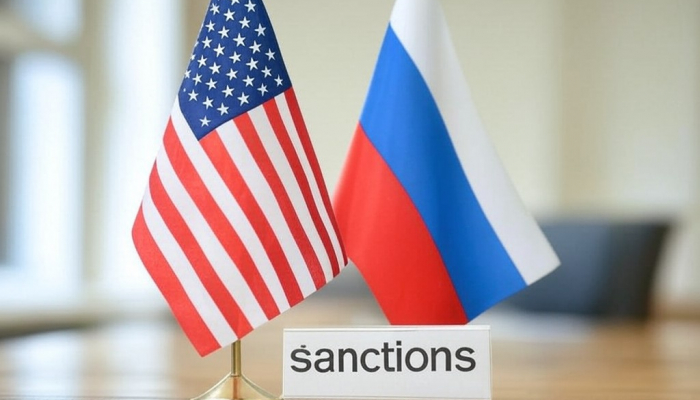

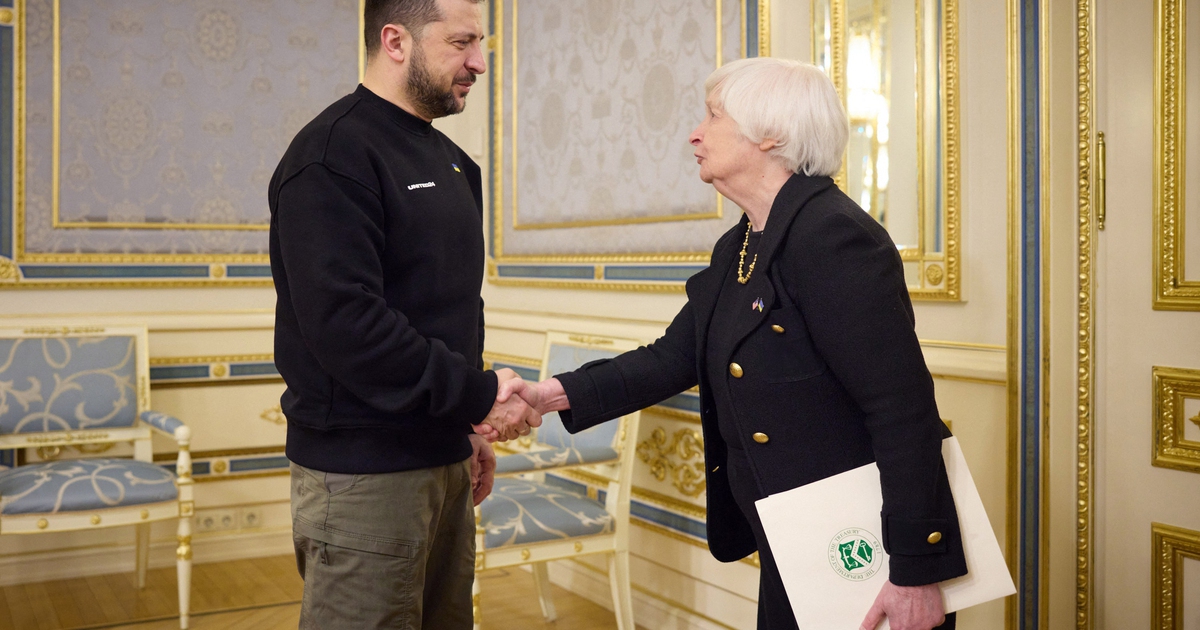

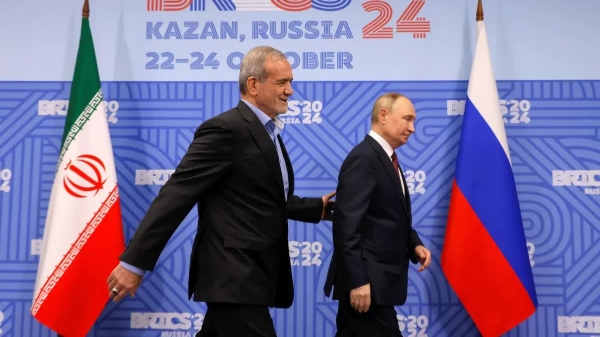

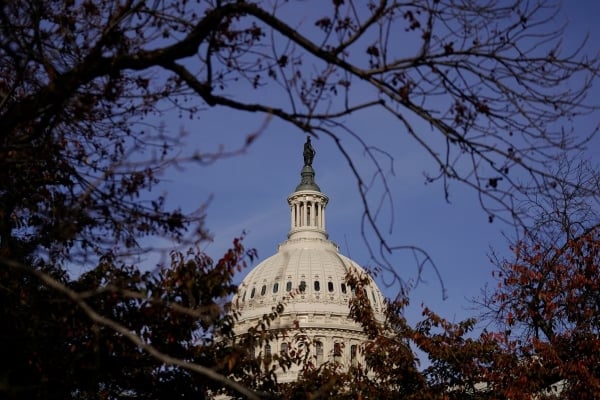
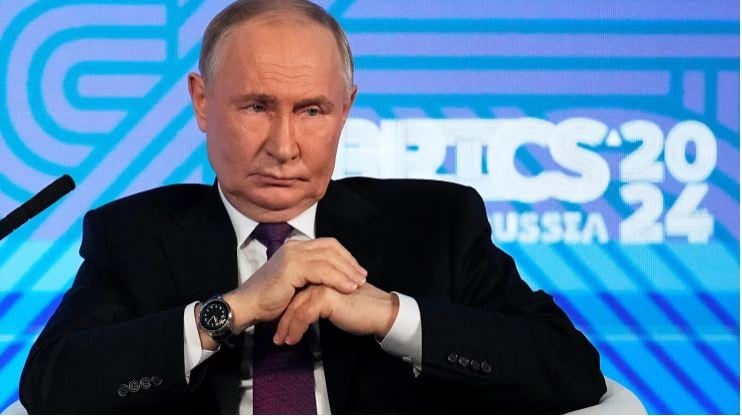
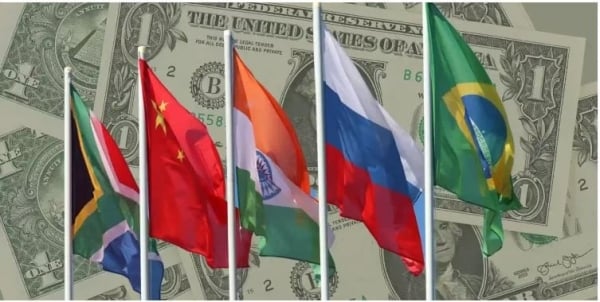











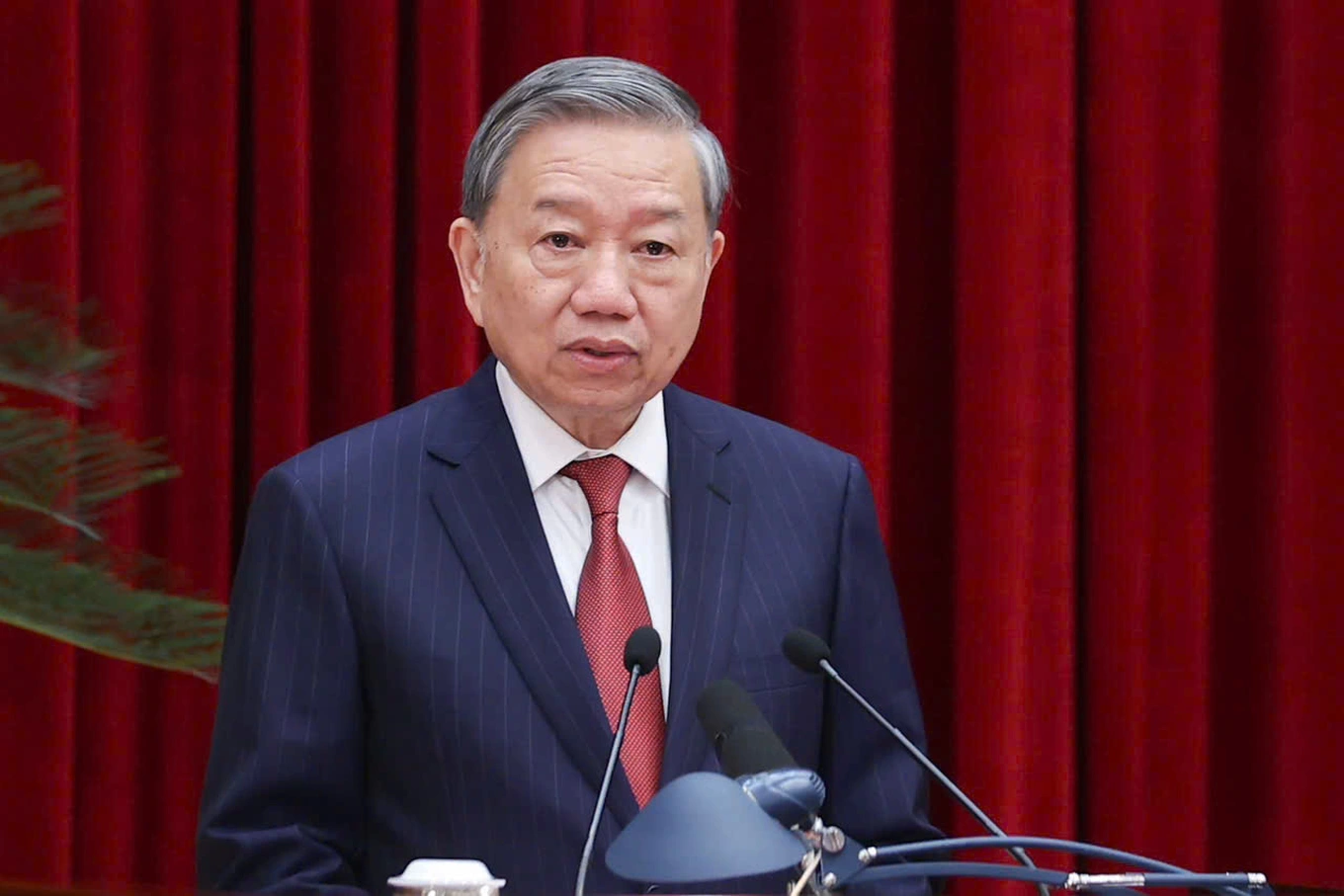
















































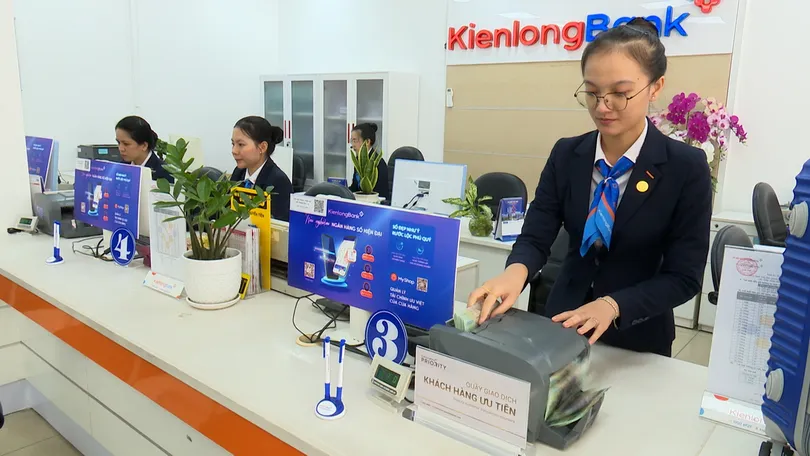














Comment (0)